Outside the venture spotlight, a quieter transformation is underway. Bootstrapped staffing firms are modernizing operations, elevating worker experience, and scaling profitably — without raising capital. This report maps 200+ companies proving that infrastructure, not funding, is the foundation of modern staffing.
While VC-backed platforms often dominate industry headlines, a growing cohort of independently built staffing companies is quietly reshaping the landscape. These firms haven’t raised capital — and they haven’t needed to. Through disciplined operations, modular technology adoption, and a clear focus on worker experience, they are delivering modern, scalable staffing infrastructure without external funding. What they lack in investor pitch decks, they make up for in execution.
Bootstrapped staffing firms typically share three characteristics:
1. Product-Led Growth: Many have developed internal tools for onboarding, scheduling, and payroll — or leverage third-party platforms to achieve parity with venture-funded peers.
2. Operational Sustainability: Growth is driven by reinvestment rather than burn, resulting in stronger unit economics and greater resilience to macroeconomic fluctuations.
3. Modular Tech Enablement: Instead of building full tech stacks, many utilize configurable supplier ecosystems (e.g., payroll APIs, mobile apps, credentialing software) to deliver modern experiences.
Bootstrapped staffing companies may differ in size, vertical, and strategy but clear patterns are emerging in how they approach modernization. From healthcare to light industrial to professional services, these firms are aligning around a shared set of operational priorities: speed, self-service, and sustainable scalability. The following trends illustrate how independent operators are building resilient, tech-enabled staffing models without relying on outside capital.
Across categories, companies report improved retention and fill rates when offering instant pay, mobile-first onboarding, and real-time shift selection. This aligns with broader labor trends around flexibility and financial control.
In high-demand, high-wage categories like healthcare, bootstrapped platforms are deploying real-time shift marketplaces, credentialing automation, and mobile-based workforce engagement, particularly in per diem and travel nursing segments.
Despite thinner margins, light industrial firms are investing in tech to manage fluctuating demand, streamline scheduling, and enhance worker reliability — often by digitizing dispatch, time tracking, and compliance workflows.
Given the client and worker base in IT, legal, or finance, many professional staffing firms have embraced self-serve client dashboards, project-based contracting systems, and embedded payments.
Large staffing firms pursuing M&A strategies (e.g., EmployBridge, Staffmark, Ingenovis) are acquiring tech-forward bootstrapped companies and redeploying their infrastructure across less digitized business units. This dynamic supports a “buy-to-modernize” thesis for regional roll-ups.
Bootstrapped staffing companies demonstrate that capital efficiency is not incompatible with innovation. By leveraging infrastructure suppliers, prioritizing modular workflows, and investing in purpose-built tools, these firms are modernizing staffing operations at scale.
As macro conditions tighten and operational discipline becomes a premium, the strategies used by bootstrapped firms — modular tech adoption, profitability-first scaling, and M&A-led modernization — are increasingly relevant across the broader staffing ecosystem.

.avif)







.svg)

.svg)
.avif)

.avif)

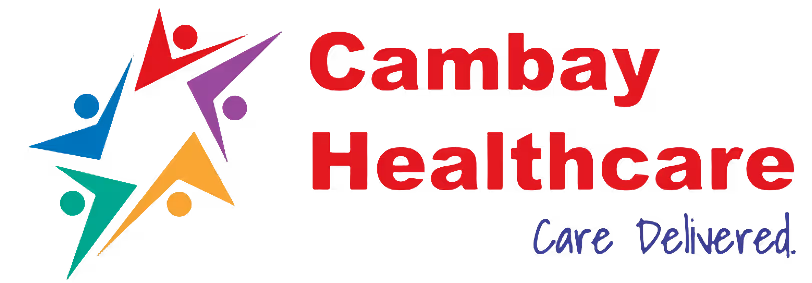

.avif)

.webp)









.svg)
.svg)
.svg)

.avif)
.avif)





.svg)







.svg)

.svg)







.svg)

.avif)




.svg)


.avif)
.avif)


.svg)



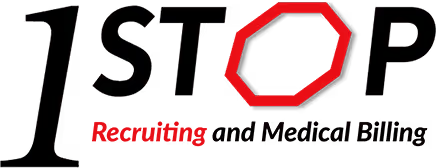

.avif)
.avif)

-01.avif)

.avif)
.avif)


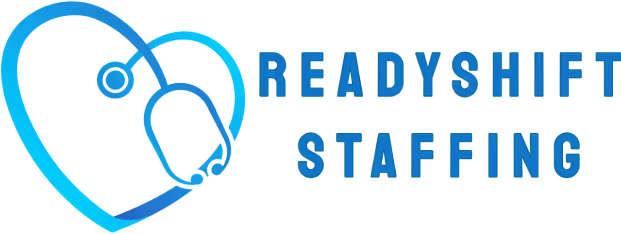

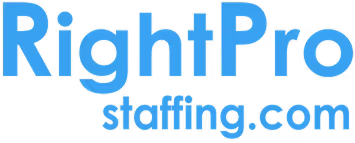




.avif)




.avif)

.svg)

.avif)
%25201.avif)

.svg)





.avif)
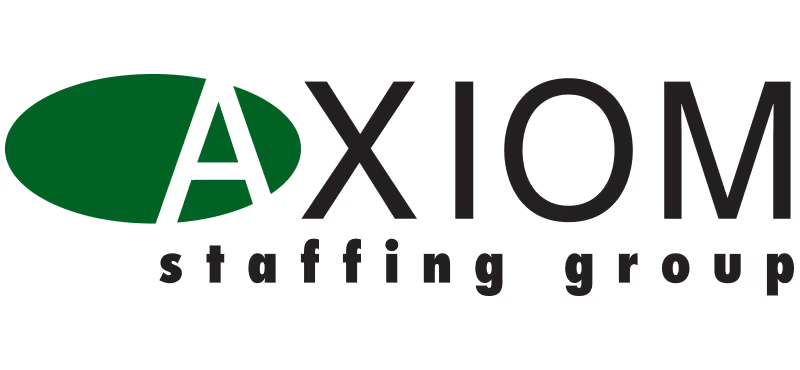


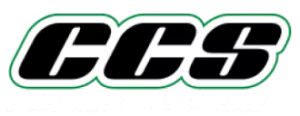

.avif)

.svg)
















.avif)

.webp)






.svg)









.avif)


.svg)


.avif)





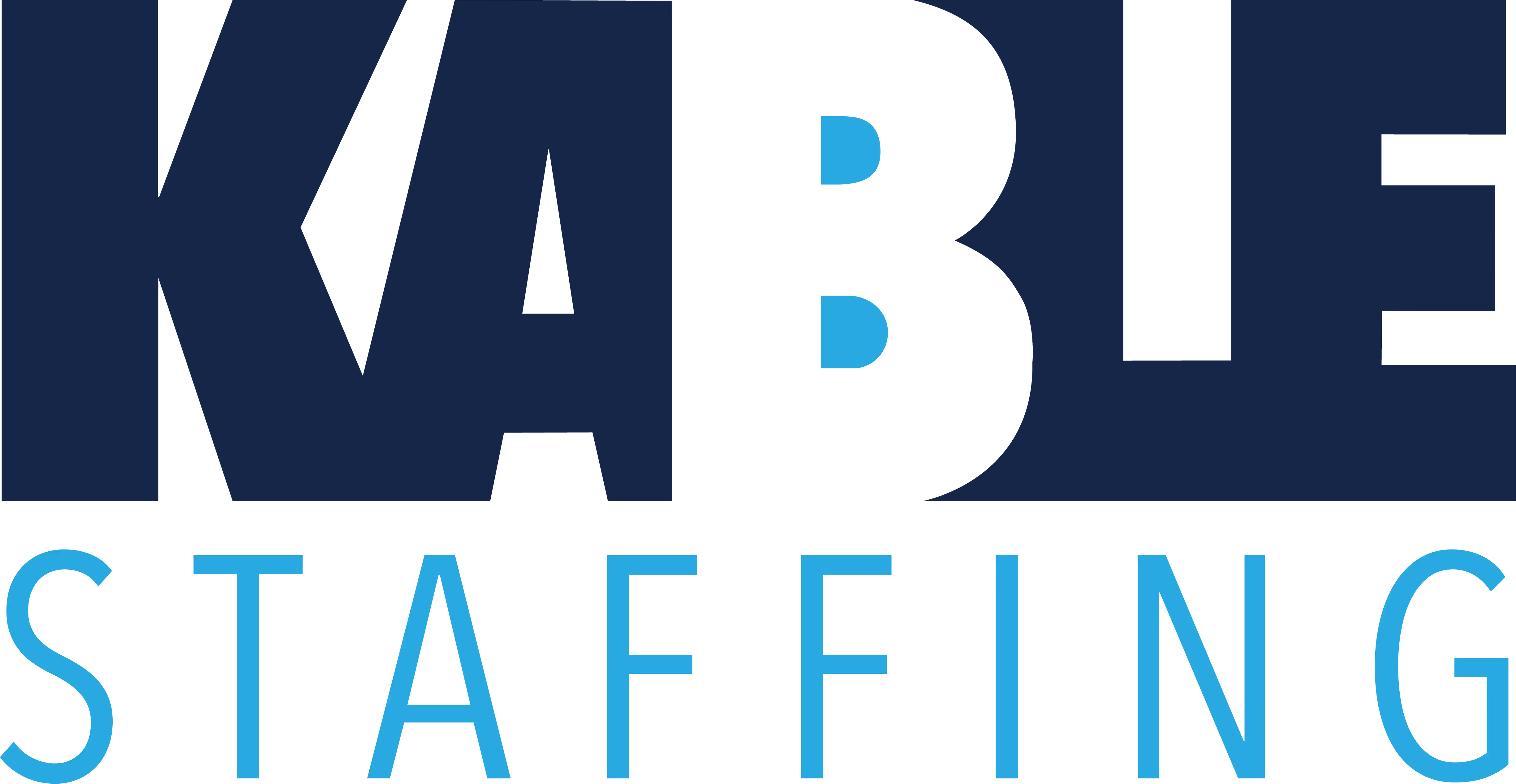
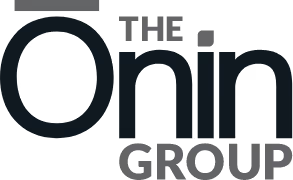





.avif)







.avif)
.svg)


.svg)



.avif)
.svg)
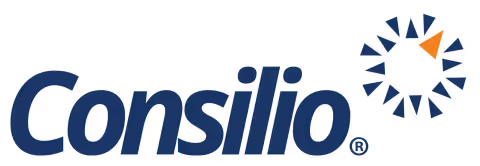


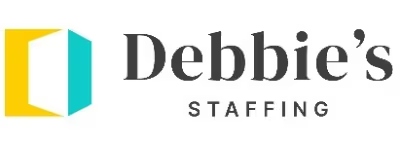





.avif)

.svg)





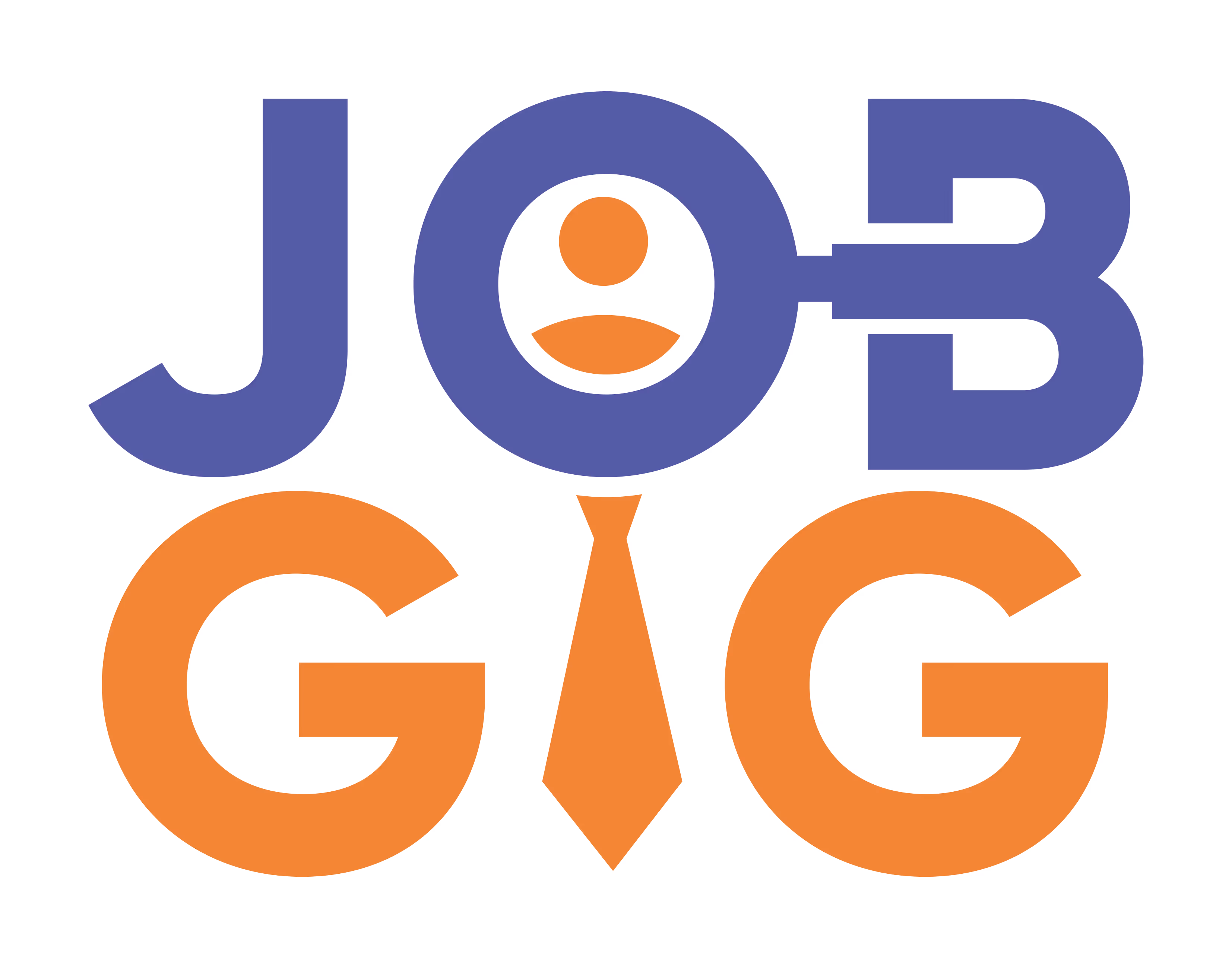



.avif)

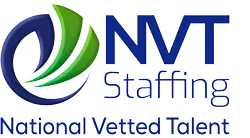






.avif)
.svg)

.avif)
.avif)




.avif)

.svg)






.svg)
.avif)


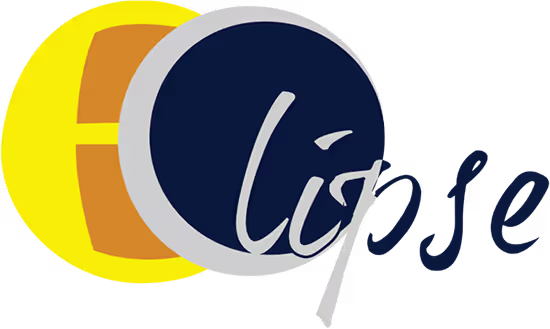

.svg)

.svg)

.svg)






.webp)

.avif)


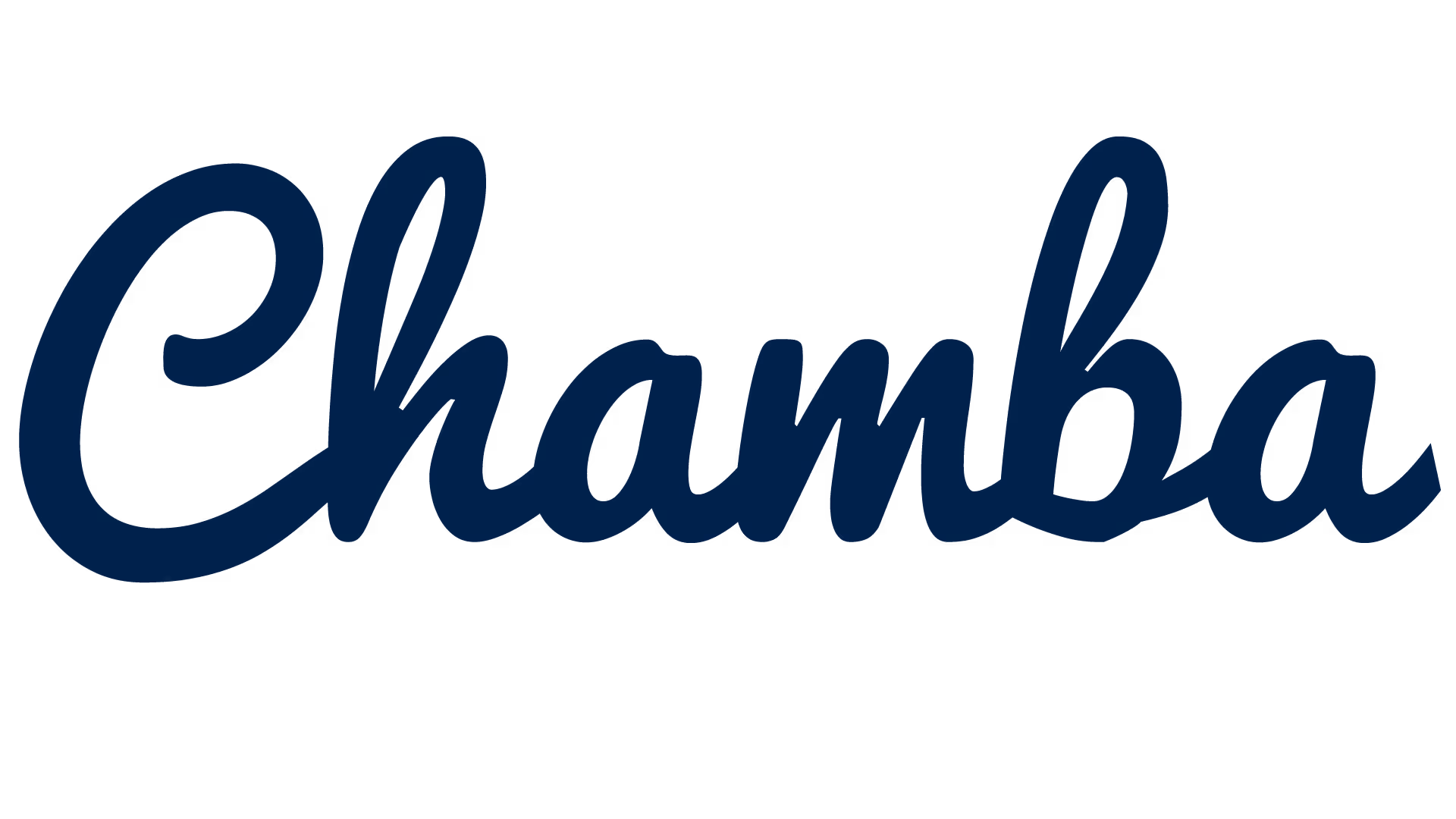




%25201.avif)

.avif)




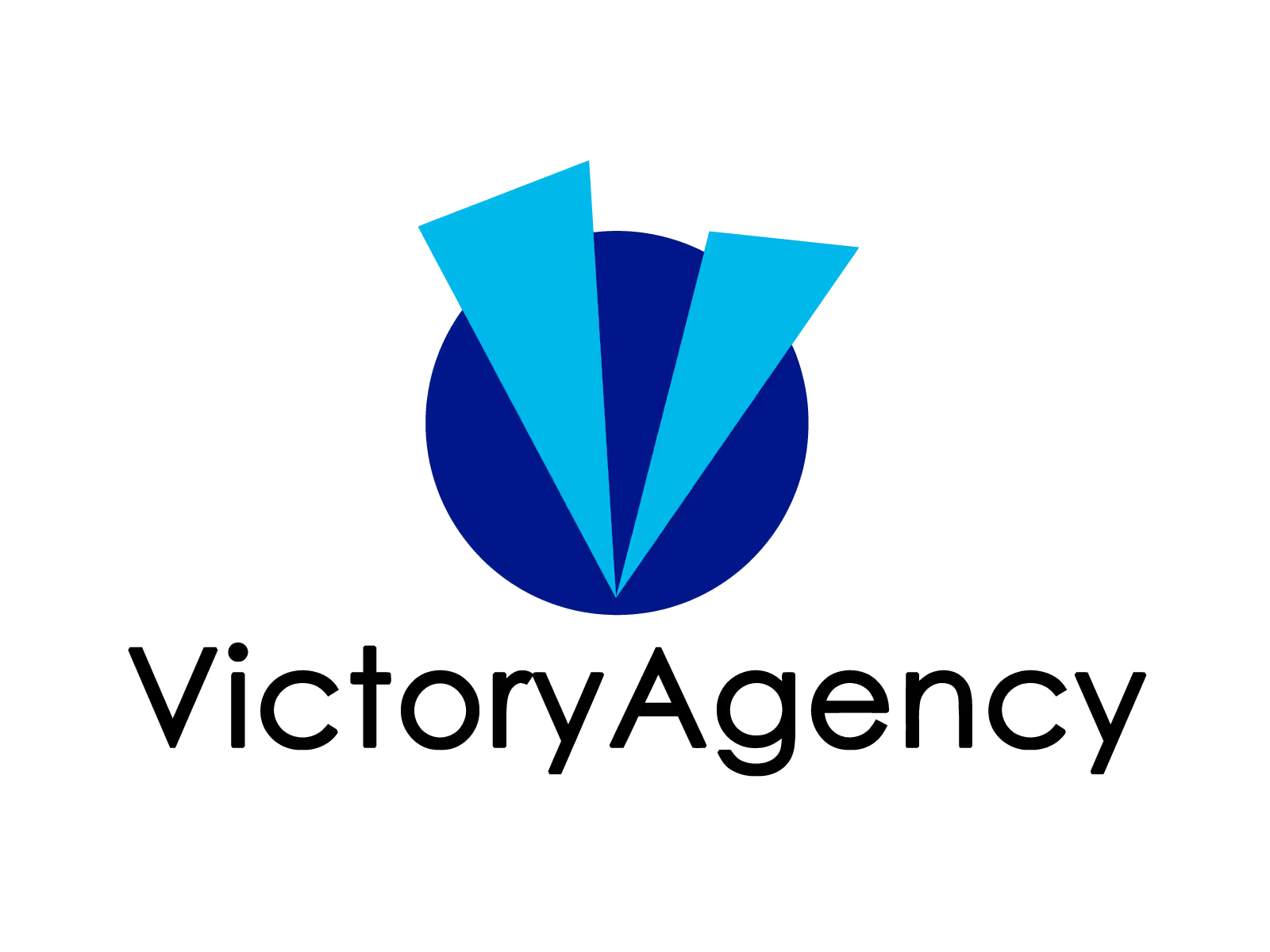


.webp)



.svg)

.svg)

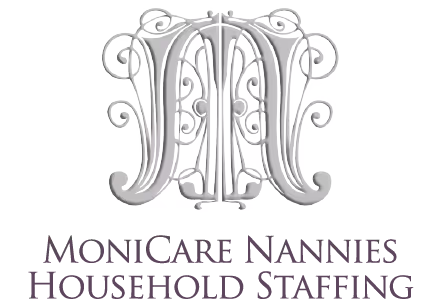

.svg)



.svg)
.avif)


.svg)

.svg)




.svg)





.avif)






Zeal is a financial technology company, not an FDIC insured depository institution. Banking services provided by Bangor Savings Bank, Member FDIC. FDIC insurance coverage protects against the failure of an FDIC insured depository institution. Pass-through FDIC insurance coverage is subject to certain conditions.
Mastercard® Debit Card is issued by Bangor Savings Bank, Member FDIC, pursuant to license by Mastercard International Incorporated. Mastercard is a registered trademark, and the circle design is a trademark of Mastercard International Incorporated. Spend anywhere Mastercard is accepted.